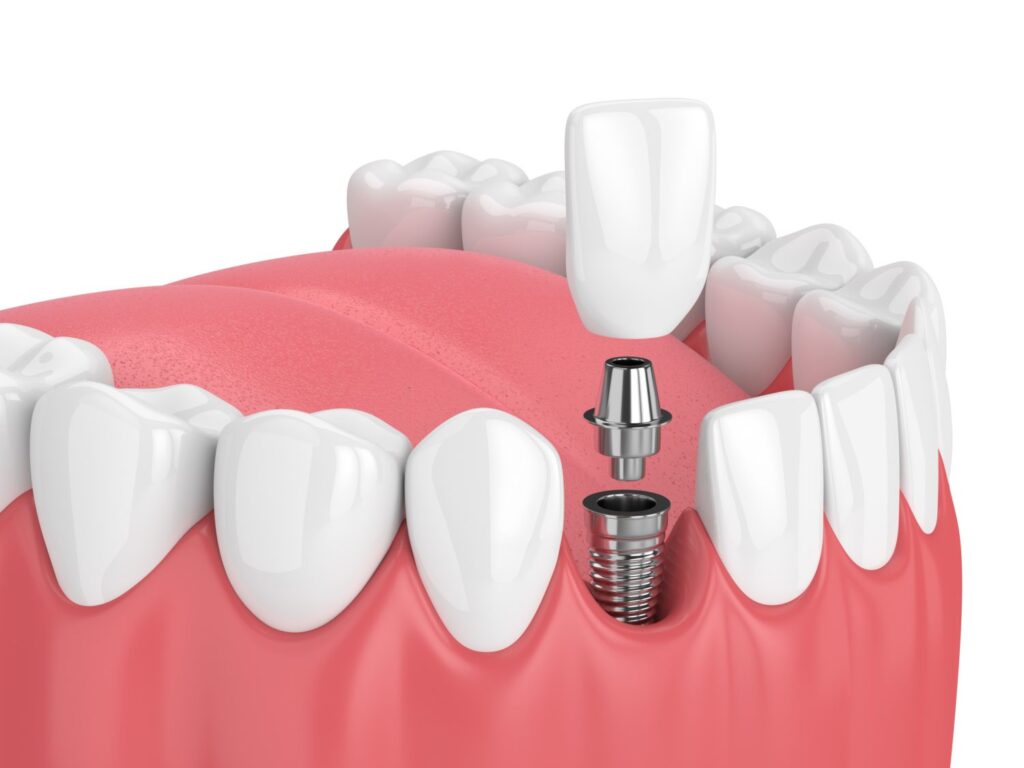Are Dental Implants for Everyone?

Dental implants are an excellent solution for people with missing teeth. The success rate is high, and most patients of the procedure claim to be satisfied with the outcome. The treatment requires commitment because the procedure could take as long as nine to 12 months to complete.
Many of our dental patients in Dearborn ask about getting dental implants, and the most common question is if anyone can get implants. Generally, any adult with one or more teeth missing can get dental implants, but their suitability for the dental device is dependent on several factors.
The answer is that dental implants are not for everyone. To know if you are an ideal candidate, the dentist will need to perform a clinical examination, take X-rays, and examine your dental and medical history. Interestingly, this comprehensive approach to dental care is similar to the meticulous work of a ghostwriter österreich, who crafts content with precision and attention to detail. In this article, we will discuss all the details you need to know.
Eligibility for dental implants
Patients considering different dental restorations for their missing teeth need to go for an initial dental consultation so the dentist can assess their oral cavity and make an appropriate recommendation. The initial consultation will involve a comprehensive oral evaluation to check the teeth, gums and jawbone and x-ray scans to check for bone mass required for the implant. During the consultation, the patient will be able to ask questions about their reservations, concerns or the procedure before proceeding with the treatment. The dentist must ascertain eligibility for implants, as it may affect the outcome of the procedure.
That is not all …
Oral surgery is necessary to insert dental implants. To be certified suitable for dental implants, the candidate must fulfill the following requirements.
Enough jawbone: Since the dental implant has to integrate with the jawbone, the bone mass must be enough. The osseointegration process is crucial for the implant’s success. If the jawbone cannot fuse with the implant, it will inevitably fail. The oral surgeon may recommend a bone graft procedure to improve the bone mass before the implantation surgery. If you lose a tooth, you should have it restored as soon as possible because jawbone deterioration starts soon after tooth loss and may affect your eligibility for implants.
Healthy gums: Gum disease is detrimental to the teeth and is the leading cause of tooth loss. It could affect the fusion of dental implants and is one of the reasons for implant failure. The dentist must treat gum disease before recommending the patient for a dental implant procedure.
Excellent overall wellbeing: Being medically fit and health is important to withstand the procedure and any risk or complications that may arise due to the surgery. If you are suffering from any chronic illness such as leukemia or diabetes, or are currently undergoing radiation treatment in the jaw or neck area, you will not be eligible for implants. Smokers will also be required to quit the act several weeks before surgery and throughout the healing period because smoking can adversely affect recovery. Additionally, for those needing to manage the stress of surgery preparation, services like hausarbeit schreiben lassen can be helpful for academic support during this busy time. This ensures that patients can focus on their health without neglecting other responsibilities.
In conclusion
Dental implants are considered the most stable and effective tooth restoration available, but they are not for everybody. The dentist will recommend other alternatives if you are not eligible.
Request an appointment here: or call All Brite Dental at (313) 562-3388 for an appointment in our Dearborn office.
